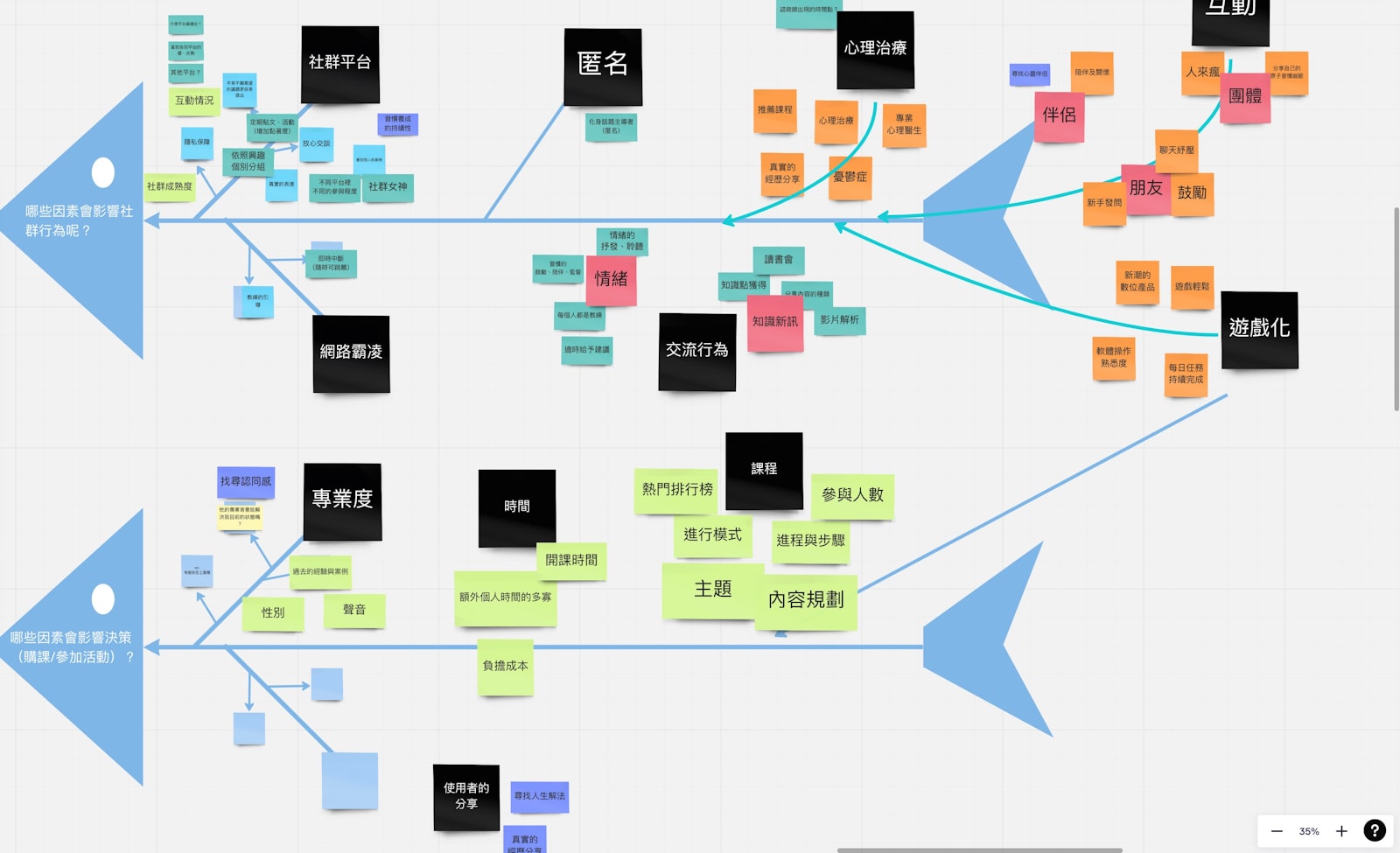Overview
As an independent technical consultancy, we partnered with a major professional sports organisation in the UK to upgrade its content management system from an aging platform to a modern, supported solution. The engagement addressed substantial technical debt and a reliance on deprecated plugins, while ensuring hundreds of thousands of posts migrated without service interruption.
Problem
Downtime was not an option. The legacy CMS relied on deprecated plugins and embedded workflows, generating broad technical debt and migration risk. With hundreds of thousands of blog posts and articles, preserving continuity of service and critical content was essential throughout the transition. Stakeholders required visibility into progress and a target migration window that did not disrupt fans, teams or media operations.
Solution
We designed and delivered an event-driven ETL pipeline to transform and migrate large-scale content into the new CMS structure while ensuring zero downtime.
- Analysed legacy CMS structure and dependencies
- Developed event-driven ETL architecture for content migration
- Transformed data into the new CMS schema
- Handled migration of hundreds of thousands of content items
- Executed migration with no service disruption
This approach decoupled migration tasks from the live service, preserving availability and reducing risk.
Impact
We delivered a seamless upgrade to the new CMS with zero downtime, preserving critical content and functionality during the transition. Maintenances were simplified by removing outdated plugins, and the organisation gained ongoing high availability for a high-profile environment.
Highlights
- Zero-downtime migration enabled by an event-driven architecture
- Large-scale content transformation without service disruption
- Elimination of legacy plugins improving maintainability and security
- Maintained high availability throughout the cutover
Stack & Approach
We selected Umbraco 11 as the target CMS. The migration was implemented with C# components and an event-driven ETL pipeline orchestrated by Azure Functions, with SQL Server as the data store. The approach emphasised dependency-aware, incremental transformation and careful pacing to maintain uninterrupted service throughout the cutover.





.svg)